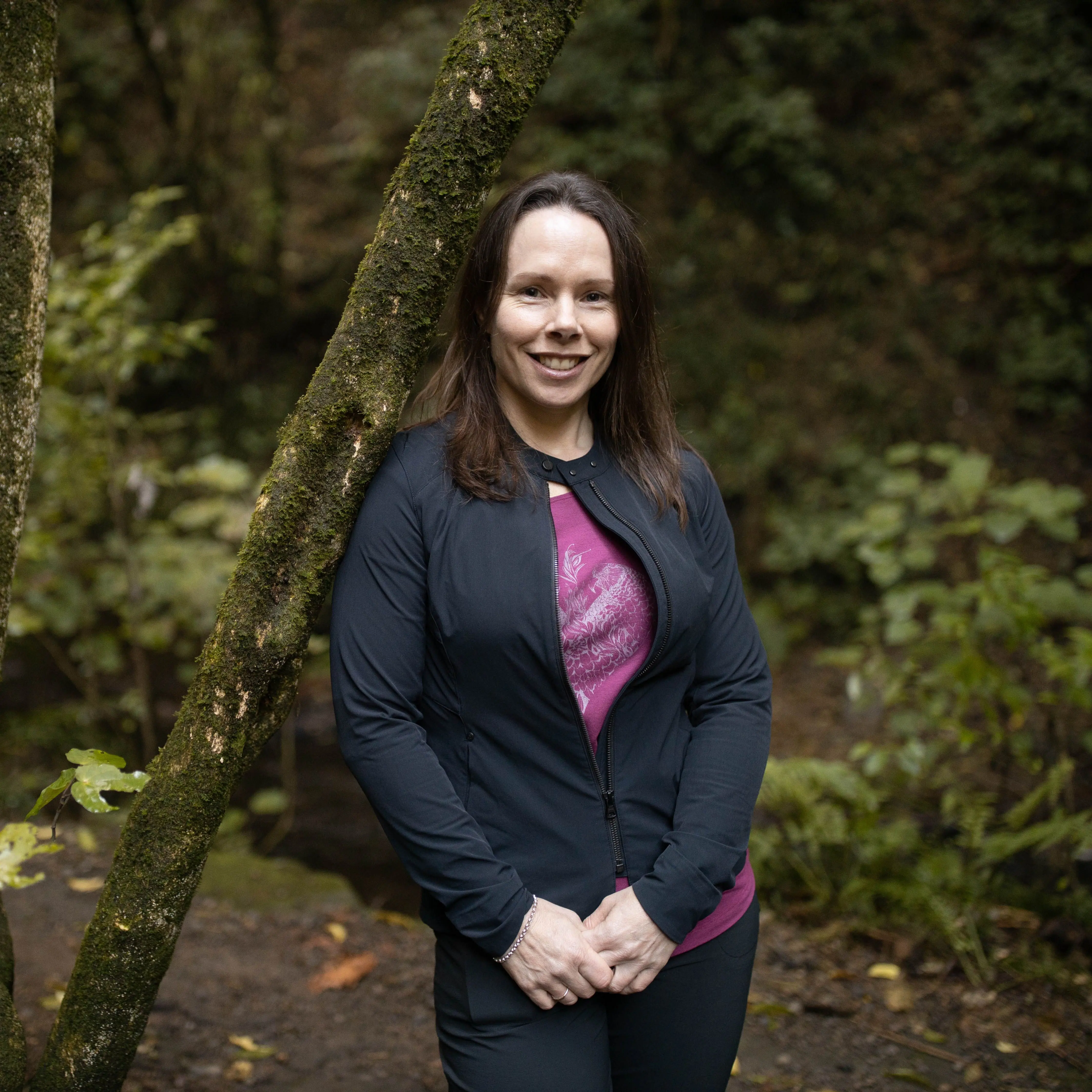Deidre Vercoe
Life-long conservationist, talented team-builder, advocate for genuine iwi partnerships.
Deidre Vercoe has dedicated her career to bringing endangered birds back from the brink.
The life-long conservationist is Operations Manager for DOC’s kākāpō and takahē recovery programmes. From her Invercargill base, she leads teams from Whenua Hou (Codfish Island) in the south to Te Hauturu-o-Toi (Little Barrier Island) in the north, working tirelessly to support the recovery of some of New Zealand’s most vulnerable species.
And 2019 has been an extraordinary year for Deidre’s long-term project, the Kākāpō Recovery Programme. While the year started with the species’ biggest breeding season, producing an incredible 72 new chicks to join 142 adults, an unprecedented crisis unfolded.
A disease called aspergillosis killed seven kākāpō. Many more were treated for the disease in a nationwide-effort to tackle the emergency.
Through this rollercoaster year, Deidre has continued to lead, motivate and support a team committed to using bold and novel methods to aid the kākāpō’s fight to survive.
Deidre started her involvement with DOC as a volunteer around 25 years ago. In 2002, she joined the Kākāpō Recovery Programme as a ranger. That year, DOC’s 6-year-old recovery plan started to see results; the population grew back to about 80 birds, from a low of around 50 birds in the mid-1990s.
Deidre took up a technical support role in the team in 2005 and became Operations Manager in 2008. Following a departmental restructure in 2013, Deidre was also made Operations Manager for Takahē Recovery – placing her at the heart of efforts to manage two complex endangered species programmes.
Takahē, known to some as ‘the bird that came back to life’, was generally thought to be extinct until 1948. There are now 376 birds, with another 65 or so chicks expected this year. The takahē population is spread across 18 predator-free locations and the kākāpō across four.
The two recovery programmes are renowned for their use of innovative approaches. Having led the first successful artificial insemination of a wild bird population in the world, Deidre’s team has since gone on to experiment with technology such as activity trackers to determine whether birds have mated, and drones to support artificial insemination.
Deidre is an effective relationship builder and has placed significant emphasis on working with Ngāi Tahu, recognising the iwi’s kaitiakitanga over kākāpō and takahē. She hopes that one day her DOC-led recovery projects will become iwi-led projects, with DOC playing a supporting role.
“I’m really committed to honouring the vision of Te Tiriti o Waitangi; coming together in authentic relationships and I think we are better off together and I really want to be part of that reality.”
Deidre also knows how to get attention for her birds to encourage public support of recovery programmes. On her own initiative, Deidre approached Sir David Attenborough about the plight of the kākāpō. She met with him twice, spending over an hour talking with him and he ended up narrating a video about the endangered flightless parrot. Deidre’s relentless drive to educate the public has brought the kākāpō international fame and support.
DOC Director General Lou Sanson says Deidre has incredible potential. She has brought together people with diverse specialities – from IT to genetics – and built them in to a cohesive, high-performing team, operating out of multiple locations.
“Deidre has built and developed one of our most innovative teams. In doing so she has virtually brought both kākāpō and takahē back from the brink of extinction. Her work in both programmes is nothing short of outstanding. She is humble, patient, sensitive, and is held in high regard by all.”
Thankfully for the kākāpō and the takahē, Deidre has no plans to walk away from her life’s work.
“This is a really lifelong passion for me. Kākāpō and takahē conservation, and conservation in general, it’s a long game. It definitely didn’t start with me, it definitely won’t stop with me but I can see myself committing to this for a lot longer.”


